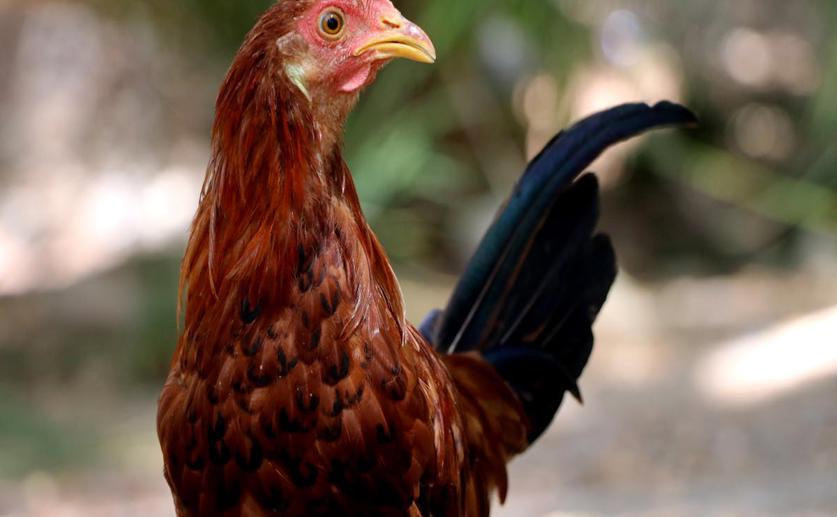
Diet Changes in Young Chickens Reduce Harmful Bacteria in the Gut
Jim Crocker
24th June, 2024

Key Findings
- The study by Wageningen University examined how different diets affect the gut microbiota of broiler chickens
- Butyrate supplementation significantly reduced harmful bacteria like Enterococcus faecium and Enterococcus hirae in young broilers
- Early dietary interventions can positively influence gut health and potentially improve immune function in broilers
References
Main Study
1) Diet-induced changes in the jejunal microbiota of developing broilers reduce the abundance of Enterococcus hirae and Enterococcus faecium
Published 23rd June, 2024
https://doi.org/10.1186/s12864-024-10496-8
Related Studies
2) Effects of age on immune function in broiler chickens.
3) Accumulation of genetic variants associated with immunity in the selective breeding of broilers.
4) Multi-generational genome wide association studies identify chromosomal regions associated with ascites phenotype.



 12th May, 2024 | Greg Howard
12th May, 2024 | Greg Howard